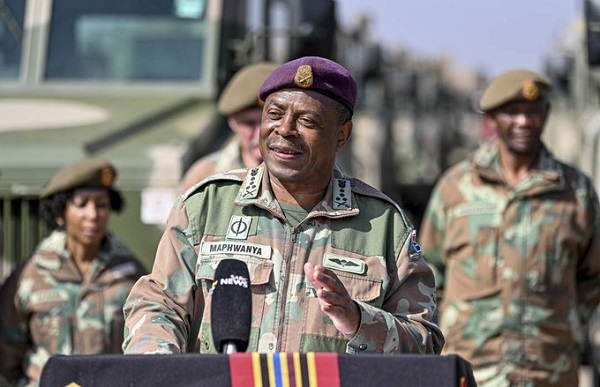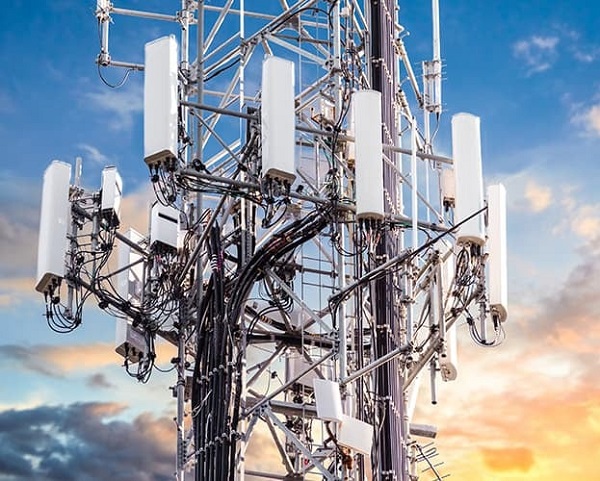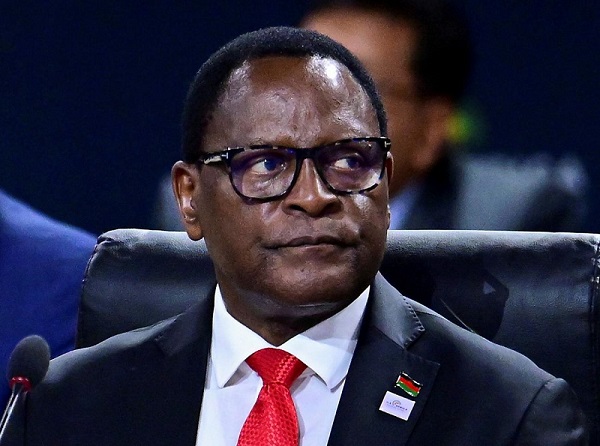by SAVIOUS KWINIKA
JOHANNESBURG – IF Nelson Rolihlahla Mandela were alive today, he would have offered a sharp, unambiguous response to the United States’ latest attempt to pressure South Africa over its foreign policy.
The recent diplomatic storm, triggered by the visit of South African National Defence Force (SANDF) Chief, General Rudzani Maphwanya, to Tehran, Iran, shows just how little Washington has changed since the Cold War era when it tried to dictate to smaller nations which friends they should have, and which enemies they should adopt.
Mandela’s words still ring true decades later: “One of the mistakes which some political analysts make is to think their enemies should be our enemies.”
This statement, made during an interview in the 1990s, cuts through the noise of American arrogance today.
Back then, Washington could not understand why Mandela counted Fidel Castro, Yasser Arafat and Muammar Gaddafi among his friends.
For the United States, these men were villains. For Mandela and South Africa’s liberation movement, they were allies who supported the anti-apartheid struggle materially and morally when Washington was still branding the African National Congress (ANC) as a “terrorist organisation.”
The Old Script Replayed
The current episode feels like a replay of that history. Earlier this week, US officials issued what can only be described as disrespectful demands, asking Pretoria to “clarify” its foreign policy towards Iran. The tone was patronising, as if South Africa were still a colony that needed supervision.
But Mandela had long answered this. “Our attitude towards any country is determined by the attitude of that country to our struggle.”
Those words resonate today. The United States did not stand with South Africans in their darkest hour. Instead, it supported the apartheid regime for decades, citing “strategic interests.”
Only after apartheid crumbled did Washington suddenly find a place for Mandela in its pantheon of heroes – conveniently after his death, when he could no longer challenge its hypocrisy.
By contrast, leaders like Castro, Arafat and Gaddafi gave tangible support to the liberation struggle. They provided training, funding, and refuge to South African exiles.
Mandela never forgot this, and neither should South Africa. His position was not about ideology or political correctness – it was about loyalty and principle.
Gaza and the Legacy of Solidarity
Nowhere is Mandela’s moral clarity more urgently needed than in the ongoing genocide in Gaza. Israel’s relentless bombardment, enabled by billions of dollars of U.S weaponry, has killed more than 100,000 Palestinians, many of them children, women, and the elderly. Hospitals, schools, and refugee camps lie in ruins.
Mandela foresaw this tragedy when he declared: “We know too well that our freedom is incomplete without the freedom of the Palestinians.”
His comparison of Israel’s treatment of Palestinians to South Africa’s apartheid system was not mere rhetoric – it was born of lived experience. He recognised the parallels of land dispossession, racial segregation, military occupation, and denial of basic human rights.
Today, as South Africa stands firmly with Palestine at the International Court of Justice, it honours Mandela’s legacy. Those who smear Pretoria as “antisemitic” miss the point: opposing apartheid, whether in Pretoria or Tel Aviv, is not hatred – it is justice.
Double Standards in Washington
The United States’ demand for “clarification” reeks of double standards. When Donald Trump invited Russian President Vladimir Putin for talks in Alaska, where was the global outcry? Where were the demands for Washington to explain itself? Only a few months earlier, the same United States had threatened South Africa with sanctions if it failed to arrest Putin during the BRICS summit in Johannesburg.
This hypocrisy exposes Washington’s selective morality. It lectures others on sovereignty but violates international law with impunity. It condemns others for alliances but sells weapons to regimes engaged in war crimes. It calls Mandela a hero in hindsight, but in his lifetime it branded him a terrorist.
If South Africa were to mirror Washington’s behaviour, it could just as easily demand “clarification” from the United States about its arms shipments to Israel or its long history of coups and interventions across Latin America, Asia, and Africa.
Yet Pretoria does not do so, because it respects sovereignty – a principle the U.S appears to reserve only for itself and its allies.
The BRICS Factor and a Multipolar World
There is also a broader geopolitical context. South Africa and Iran are both members of BRICS, the emerging bloc of countries seeking to reshape the global order.
Alongside Brazil, Russia, India, China and South Africa, this grouping represents an alternative to the U.S.-dominated unipolar system that has prevailed since 1945.
Additional BRICS countries include Egypt, Ethiopia, Indonesia, Iran and the United Arab Emirates (UAE), a move South Africa would not abandon for the US’ selfish interests.
The Global South is no longer content to be lectured by Washington. Nations are asserting their independence, building trade ties, and pursuing diplomatic initiatives without seeking America’s blessing.
South Africa’s engagement with Iran must be seen in this light – as part of a multipolar future where power is shared rather than monopolised.
For Washington to demand “clarification” of these relationships is not only disrespectful – it is futile. The tide of history is moving away from American hegemony, and no amount of diplomatic bullying will reverse it.
Moral Consistency vs Political Convenience
What is most troubling is how few leaders today embody Mandela’s moral consistency. Too many are afraid of offending powerful nations, preferring to parrot politically convenient lines rather than speak uncomfortable truths. Mandela’s greatness lay in his refusal to bend to such pressures.
When criticised for his friendships with controversial figures, he responded simply: “They supported us when we needed them. Why should we turn our backs on them now?”
That moral clarity is rare in today’s world, where loyalty often lasts only as long as it is politically expedient.
South Africa’s current leadership must rise to that standard. President Cyril Ramaphosa and his government must remember that Mandela’s foreign policy was rooted not in fear of reprisal but in principle and solidarity. That torch must not be extinguished.
Conclusion: A Message to Washington
The United States must be reminded that South Africa is not a client state. It is a sovereign nation with its own history, struggles, and alliances. Washington’s enemies will not automatically be Pretoria’s enemies, and its obsessions – whether with Iran, Russia, or others – cannot dictate South Africa’s foreign policy.
If Mandela could speak from the grave, his message would be the same as it was in life: South Africa will determine its own friends, its own enemies, and its own path.
The U.S should focus on addressing its own challenges at home – mass shootings, racial injustice, economic inequality – rather than policing the choices of others.
The world has changed. A new multipolar order is emerging. And South Africa, true to Mandela’s spirit, must stand firm on the side of justice, solidarity, and sovereignty.
– CAJ News




